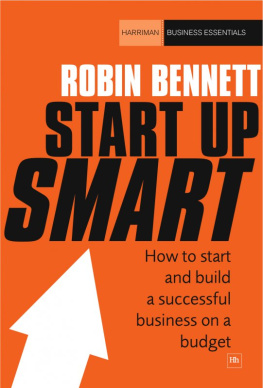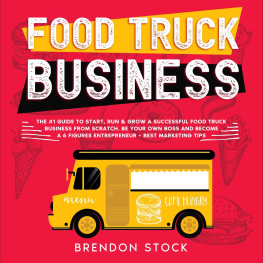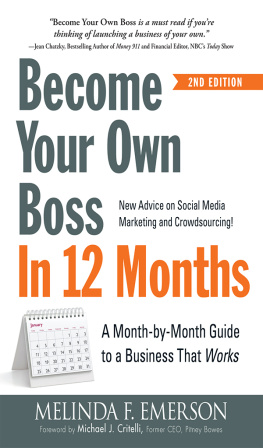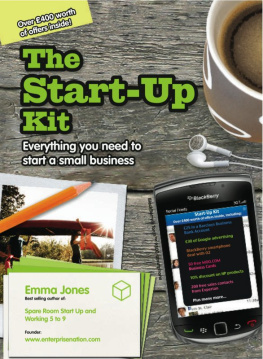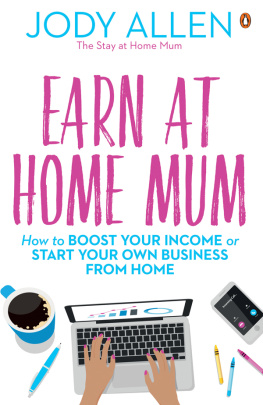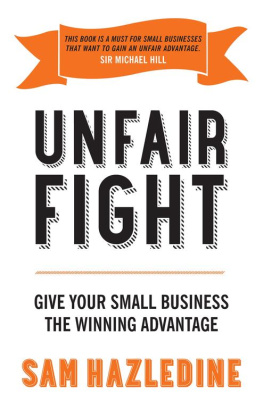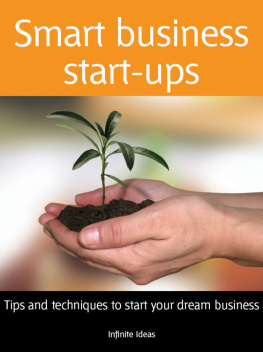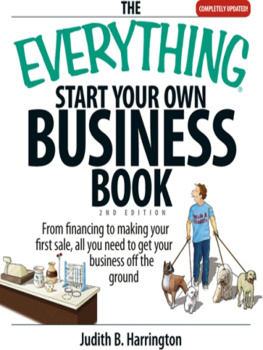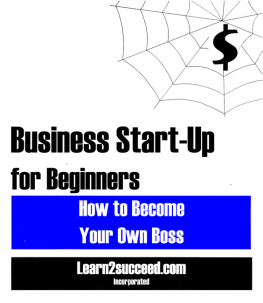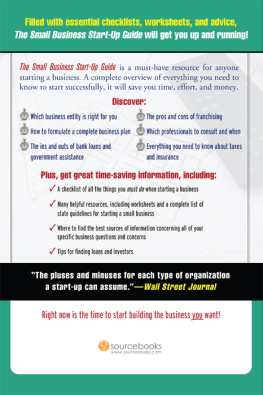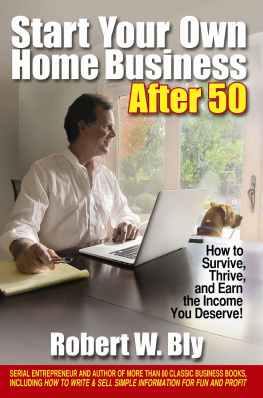First up, this book will not make you a million inside of three months nor will it make any other wildly optimistic claims such as saving the world, fundamentally changing the way we think about business or improving your chances of pulling.
This book is a detailed description of how to start a small business from scratch, with relatively little money, and how that business can give you a comfortable standard of living with little or no risk in the long term. No more and no less.
The advice contained in these pages is based on what I have found to work over the last 20-odd years in business.
About Me
I founded the Bennett Group in 1992 shortly after leaving London University with a slightly dubious degree in Modern Languages.
Whilst at university, to keep me in cheap red wine and cigarettes, I started a sandwich business. When I finally graduated not having a burning desire to be an entrepreneur I put on a pair of brogues and prepared for life as a cavalry officer. By mutual consent, my commanding-officer-to-be, the Queen (presumably), and I decided that Her Majestys forces werent the best place for my talents. I then put on a pair of Doc Martens and became a grave digger in East Sheen, followed by a stint selling aerial pictures of peoples houses door-to-door in Yorkshire.
After about eight months, I finally landed a proper job working as the business manager for a music magazine in Soho and got to meet a lot of semi-famous people. However, this might have been good life experience but I had the distinct feeling after a year that it was getting me nowhere fast. So I left.
The UK was in the middle of its last recession and, as was the case at the time of writing, banks were very sceptical about lending to anyone without a track record or indeed any of their own cash. 3000 was the most that any bank would lend at the time without security and so, thanks in part to a good business plan, the Bennett Group was set up using just a modest loan of that amount from Barclays Bank. It has grown fairly steadily since, without resorting to large-scale or irresponsible borrowing. It now operates in the UK, USA, France, Germany, Hong Kong and Australia.
Happily each part of the group continues to be profitable, thriving on the principle that fair pricing and fair play will always find a solid market. Crucially, all have been started for less than 5000. The smallest (dog-sitting) cost 50 to set up and made 15,000 profit in its first year; the largest Aktuel Translations has fared reasonably well and was even recognised in Whos Who as one of the fastest growing UK companies of 2003.
The Bennett Group
1992: London Tutors. Home tuition and supply teaching.
1993: The Aktuel Translation Group. Technical translation.
1999: Y2K translations. Translation for the publishing industry, renamed Quarto Translations in January 2006.
2002: ExpressTranslators.com. Online translation service 24/7.
2003: Monster Books. Self-published childrens poetry and illustrated books.
2003: Bennett Investments. Investment advice.
2005: Patent Translations International. Patent translation.
2005: Comp Farm Kennels. Dog-sitting on an Oxfordshire farm.
2009: River. Consultancy for companies spending over 2 million per annum on translation.
2010: Thisisplanetearth.com. Website collecting the best articles from around the world.
1. Planning for Getting Started
In which we ponder on just what we are getting ourselves into and then set about getting the money to make it all possible.
Basic Strategies
- You do not have to be radical. The soundest business ideas are rarely the most original, and regularly the ones that you know from everyday experience work well.
- Likewise a USP (Unique Selling Point) does not have to be excessively unique. Often it can be something as simple as good service, slightly lower prices or local appeal.
- If other people can make a similar business work, then so can you usually if you want it enough.
- Keep it simple. Make sure that the business idea is one that you can easily explain in less than 100 words. This is critical if you get in a muddle now, it doesnt bode well.
- Do your own business plan; it will be your best opportunity to really scrutinise the strengths and weaknesses of your idea.
- Choose your source of funding very carefully. Rank them according to cost and timescales of repayment. For example, grants are best, credit cards are worst.
- All business sectors have their own set of rules insider dos and donts, if you like. Find out what these are before starting. The best places are usually online forums and industry networking events.
Defining Your Goals
Like I said, this is not a get-rich quick book. If you like, take this opportunity to thumb forward to the Appendix, look at the Cash Flow Forecast and decide whether the sort of figures I am outlining as an achievable goal in the first and second years are your cup of tea.
When alls said and done, the next 115 pages describe how 5000, judiciously acquired and spent, should allow for a 35,000-50,000 salary in the first year and anything between 100,000 and 200,000 thereafter. I am prepared to admit that this might not be enough for some, and I have a feeling that there are quite a few people out there who would scorn such an obvious lack of ambition. And, to an extent, Id go along with that. Like anybody, there are days when I do wonder what it would be like to be stupendously rich, own an island somewhere and have footmen. Some people that I know people Id even call close friends have annual salaries topping seven figures and theres nothing morally wrong with that. They work hard, they have friends, love their family, pat dogs etc. However, I usually make myself feel better by remembering that, statistically speaking, its highly unlikely that the vast majority of us will ever be able to achieve great wealth, either by chance, hard grind or stealth.
Ill quantify that by saying that, according to the Sunday Times Rich List, there are actually fewer than 3000 cash millionaires living in the British Isles today (a mere 0.015% of the working population). Yet sales of how to make millions books and CDs, not to mention the weekend seminars and online courses, must outstrip that figure 1000 to one. And theres a reason for this I suspect, because it takes determination, luck and perhaps ruthlessness to achieve great wealth, that most people, in their hearts, dont consider this a realistic lifestyle choice: they say to themselves Im not prepared to give myself grief over an aim that it is statistically unlikely Ill ever achieve.

